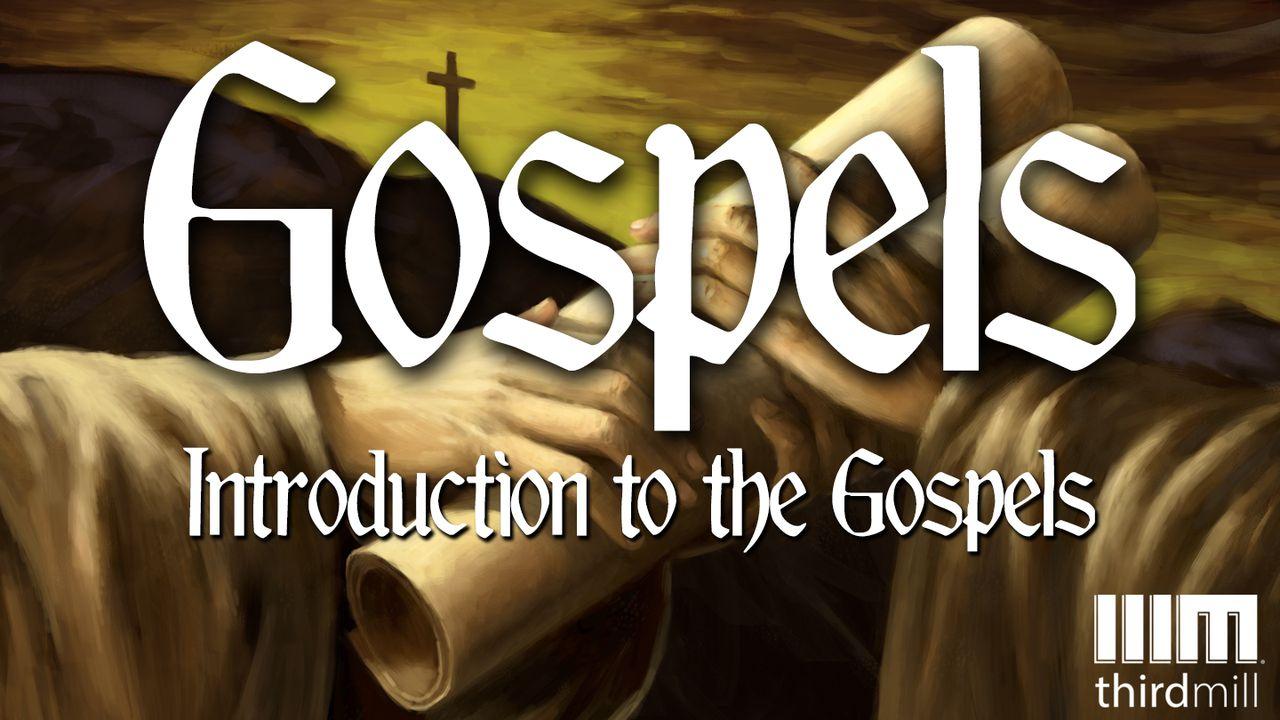Introduction To The GospelsExemplo

Similarity of Gospels to Greco-Roman Biography
Ancient biographies recounted the lives of great leaders. Although they included many different characters and stories, Greco-Roman biographies described these characters and stories in ways that highlighted the featured leader. They defended the leader’s ideas, and perpetuated awareness of his actions from one generation to another. And the Gospels were similar to ancient biographies in these ways.
We also see parallels to some ancient biographies in the fact that Matthew and Luke include birth narratives, and all four gospels detail Jesus’ death. The Gospels also follow the conventions of ancient biography as they trace the events of Jesus’ life. Like other ancient biographers, the gospel writers arranged the events between Jesus’ birth and death in various ways. Sometimes they arranged things chronologically. Sometimes they grouped things according to topic. And sometimes they even arranged them around geography.
Another important characteristic of Greco-Roman biographies is that they related past events as historical realities so that the past was distinct from the present. Biographies focused on recording the unique, unrepeatable lives and contributions of specific, historical individuals.
In general, ancient biographers tried to research and preserve accurate oral and written records. Consider the example provided by the respected biographer Plutarch, who lived from about A.D. 46 to 120. Plutarch was a secular Greek historian who wrote around A.D. 70, about the same time that the Gospels were written. He began his work Life of Cicero with background on Cicero’s parents, but acknowledged the limitations of data regarding Cicero’s father.
It is generally said, that Helvia, the mother of Cicero, was both well-born and lived a fair life; but of his father nothing is reported but in extremes. For whilst some would have him the son of a fuller, and educated in that trade, others carry back the origin of his family to Tullus Attius, an illustrious king of the Volscians, who waged war not without honour against the Romans.
Plutarch’s caution in separating fact from speculation regarding Cicero’s parents indicates that at least some ancient biographers paid attention to historical detail, and were interested in accuracy. The Gospels give evidence of being every bit as careful as Plutarch in their reporting.
Broadly speaking, it is fair to say that the Gospels are historical narratives written during a time when biographical literature was popular in the Greco-Roman world. This widespread openness to biographies probably encouraged the Gospel writers in their task, and inclined them to adopt some of the formal conventions of those biographies.
Escritura
Sobre este plano

This reading plan explores the literary character of the Gospels, their status in the Church, and their unity and variety.
More





